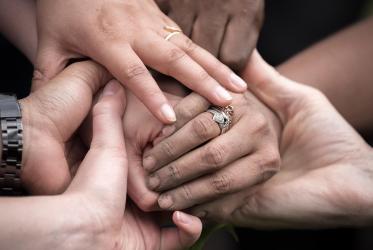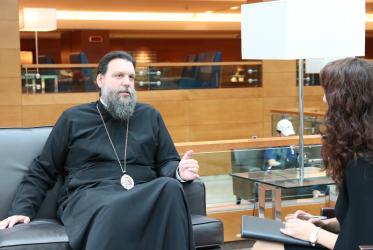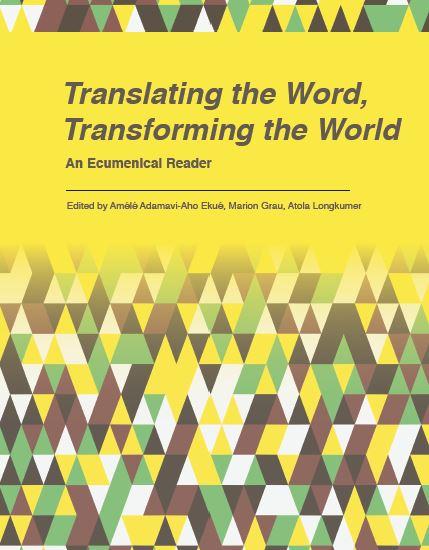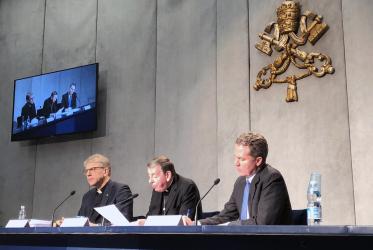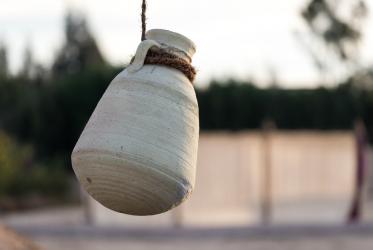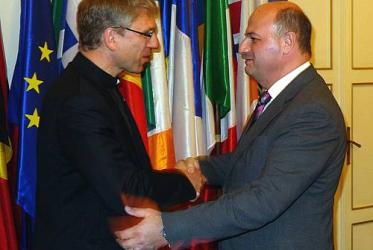Displaying 1 - 20 of 22
WCC Eco-School 2021 for Pacific region on Water, Food and Climate Justice
22 - 28 February 2021
WCC Executive Committee envisions future for one ecumenical movement
08 November 2018
Thomas de Maizière: On the frontlines of refugee integration
20 January 2016
Theologian explores emerging model of empowerment and diakonia
17 December 2015
2018 Ecumenical School on Governance, Economics and Management (GEM) for an Economy of Life
19 - 31 August 2018
Mexico City, Mexico
Local and global work saves lives
22 October 2015
Situation in Greece more than an economic crisis
20 November 2012
Ecological debt is a spiritual issue
31 August 2009

